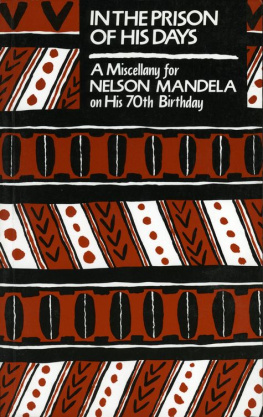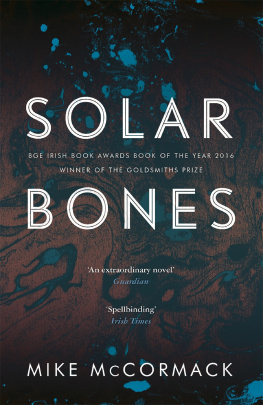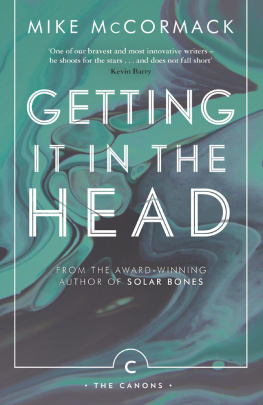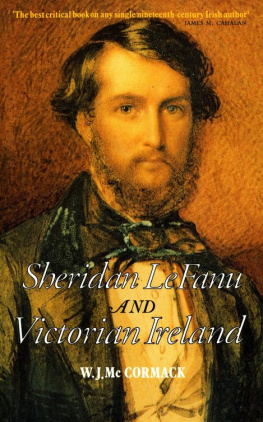Garrison Nelson - John William McCormack: A Political Biography
Here you can read online Garrison Nelson - John William McCormack: A Political Biography full text of the book (entire story) in english for free. Download pdf and epub, get meaning, cover and reviews about this ebook. year: 2017, publisher: Bloomsbury Publishing USA, genre: Politics. Description of the work, (preface) as well as reviews are available. Best literature library LitArk.com created for fans of good reading and offers a wide selection of genres:
Romance novel
Science fiction
Adventure
Detective
Science
History
Home and family
Prose
Art
Politics
Computer
Non-fiction
Religion
Business
Children
Humor
Choose a favorite category and find really read worthwhile books. Enjoy immersion in the world of imagination, feel the emotions of the characters or learn something new for yourself, make an fascinating discovery.

- Book:John William McCormack: A Political Biography
- Author:
- Publisher:Bloomsbury Publishing USA
- Genre:
- Year:2017
- Rating:3 / 5
- Favourites:Add to favourites
- Your mark:
John William McCormack: A Political Biography: summary, description and annotation
We offer to read an annotation, description, summary or preface (depends on what the author of the book "John William McCormack: A Political Biography" wrote himself). If you haven't found the necessary information about the book — write in the comments, we will try to find it.
McCormack overcame desperate poverty and family tragedy in the Irish ghetto of South Boston to hold the second-most powerful position in the nation. By reinventing his family history to elude Irish Bostons powerful political gatekeepers, McCormack embarked on a 1928 - 1971 House career and from 1939-71, the longest house leadership career. Working with every president from Coolidge to Nixon, McCormacks social welfare agenda, which included Social Security, Medicare and Medicaid, immigration reform, and civil rights legislation helped commit the nation to the welfare of its most vulnerable citizens. By helping create the Austin-Boston Connection, McCormack reshaped the Democratic Party from a regional southern white Protestant party to one that embraced urban religiously and racially diverse ethnics. A man free of prejudice, John McCormack was the Boston Brahmins favorite Irishman, the Souths favorite northerner, and known in Boston as Rabbi John, the Jews favorite Catholic.
Garrison Nelson: author's other books
Who wrote John William McCormack: A Political Biography? Find out the surname, the name of the author of the book and a list of all author's works by series.














